
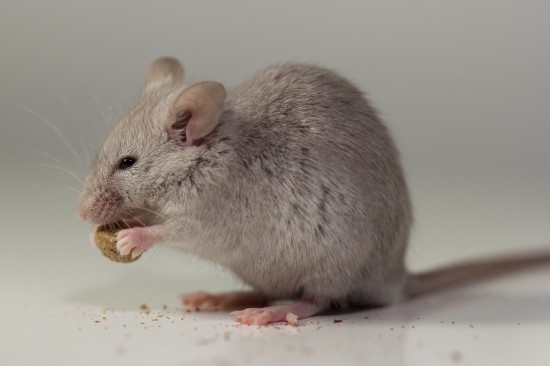
The short answer to this question is ‘almost anything!’ Mice will try and eat their way out of their cage and everything inside it. But, in all seriousness as a responsible owner of pet mice you need to make sure that you are only giving them foods that are good for them. With the average lifespan of a pet mouse being around 1.5 years, taking time to understand how to provide a balanced diet will enhance their lifespan and day to day health. This doesn’t mean you cannot vary their diet and give them treats occasionally however; you just need to do things in the correct moderation. Ideally you are aiming to give you mice a helping of food mix per day, a treat or two every other day and a constant supply of fresh water.
The bulk of the daily diet for pet mice will be the pre-packed food mix you can buy at most pet food distributers. You can purchase mice specific food mixes or some hamster and rat food mixes will also be suitable, they usually include ‘suitable for mice’ in the small print on the packaging. Mice are not terribly fussy when it comes to eating but they will leave certain seeds or types of food if they do not want to eat them. You can try different brands or types of food and see how much they are leaving behind in their food bowl, if you find a food mix that they eat in its entirety then you know you have found the best type.
These pre-packed food mixes will consist mostly of different seeds and vegetables. Mice get a lot of essential nutrition from seeds and vegetables so these should make up most of their diet. You can make your own food mixes in bulk if you want to save some money or create a custom mix that you know your mice like. You will need to include some rodent pet food mix to make sure there are the essential vitamins and minerals, and then add several different types of seeds you can easily find at any health store.
There are a wide range of different fruits and vegetables that mice enjoy eating. If you are preparing fruit or vegetables for yourself you can take a slice or two and place it in with your mice, it will not last long if they like it. Always take care to ensure you peel and clean the food before you give it to your mice, toxic pesticides and dirt residue can be harmful to their sensitive digestion process. Here are some of the more common fruit and vegetables you might want to try:
I cannot stress enough how important it is to give mice treats in moderation for the sake of their health. That does not mean that you cannot give them occasional treats however. Handing food to a mouse and watching it take it from your hand and eat it is one of the most rewarding parts of keeping them as pets. A few treats to feed your mice are:
You do not need to measure out portions of food for mice, they won’t overeat just because there is spare food in their bowl. There is a risk of them eating all the fatty and tasty food first however, so it’s important to keep a balance of health food available for them. For rough guidance adult mice will eat approx 8-10g of food a day and drink approx 8-10ml of water.
Mice are nocturnal animals so in the evening when you are winding down they are starting to become active. Evenings are the best time to give them food, you only need to put food in once every 24 hours so make sure they have enough food and water for that period. For the first couple of weeks try and take a look at their food bowl at different intervals and gauge how long it is taking for them to empty their bowl. Ideally you want your mice to run out of food shortly before you top it up again. Just add more or less food per day according to how quickly they are eating it all.
Cheese – Contrary to what is portrayed on TV and in print cheese is not good for mice. It will often give them an upset stomach and a lot of mice won’t even touch it.
Citrus Fruits – Giving any citrus fruits like oranges, or limes will cause diarrhoea and give your mice an upset stomach for sure. I would advise avoiding all juice or fruits containing citrus.
Chocolate – With the majority if not all rodents’ normal chocolate that you or I would eat is toxic to them. If you want to give chocolate treats to your mice you can buy chocolate drops that are safe from pet food suppliers.
Carbonated/fizzy Drinks – These types of drinks are particularly dangerous to mice. The gastric system in mice does not allow them to pass wind or be sick. So having internal gas can be very hazardous to their health, even fatal.
Milk – Much like cats and other rodents, cow’s milk will cause health problems in the long term. You can buy a milk replacement formula if you need to hand rear newborn mice, but this should be handled by people with experience.
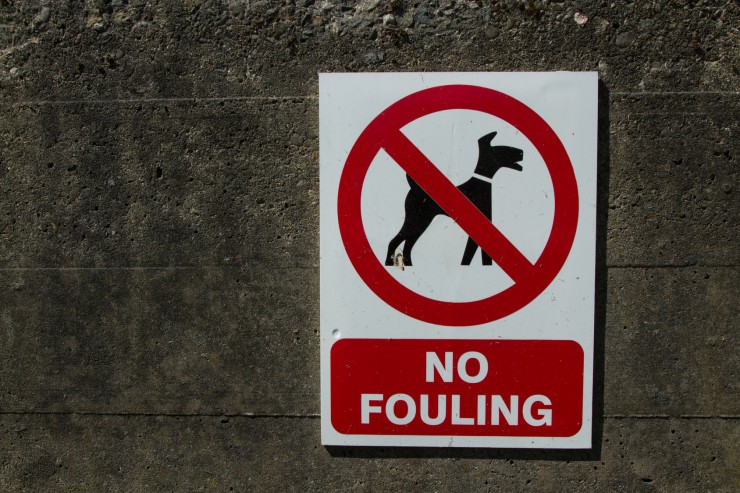 The 4 Rules To Picking Up And Disposing Of Dog Poo
The 4 Rules To Picking Up And Disposing Of Dog Poo
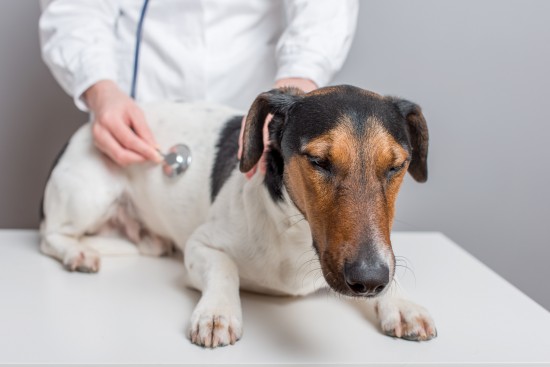 How To Recognise And Deal With Internal Bleeding In Dogs
How To Recognise And Deal With Internal Bleeding In Dogs
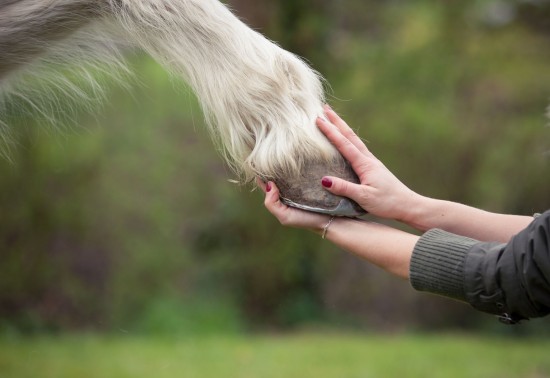 How To Make Sure Hooves Stay In Good Condition This Summer
How To Make Sure Hooves Stay In Good Condition This Summer
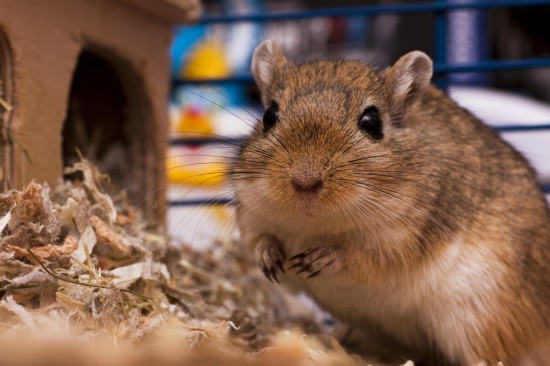 What To Do If Pet Gerbils Start Fighting
What To Do If Pet Gerbils Start Fighting
 Include Nutrients In The Feed For Horses With Ulcers
Include Nutrients In The Feed For Horses With Ulcers
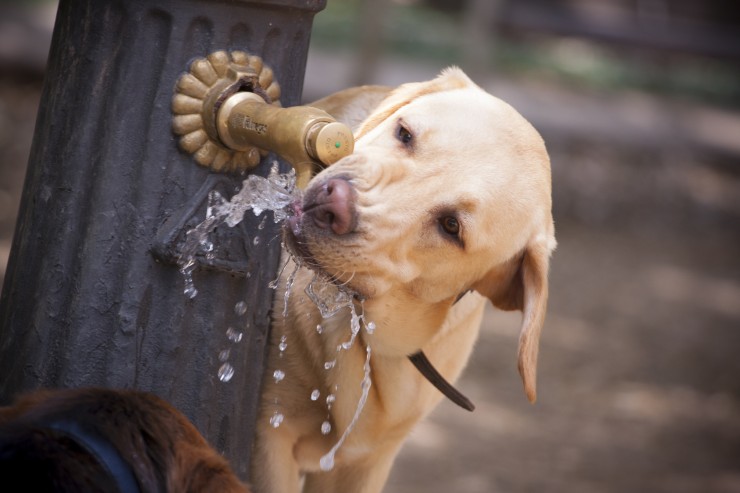 Six Water Sources That Your Dog Should Not Drink From
Six Water Sources That Your Dog Should Not Drink From
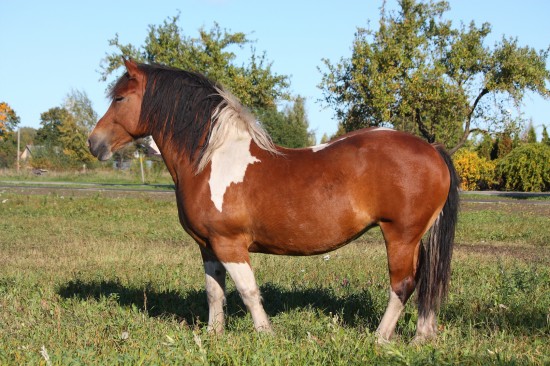 Looking After The Older Horse
Looking After The
Looking After The Older Horse
Looking After The
 Get the perfect BC German Shepherds for you
Get the perfect BC German Shepherds for you
Ar
Get the perfect BC German Shepherds for you
Get the perfect BC German Shepherds for you
Ar
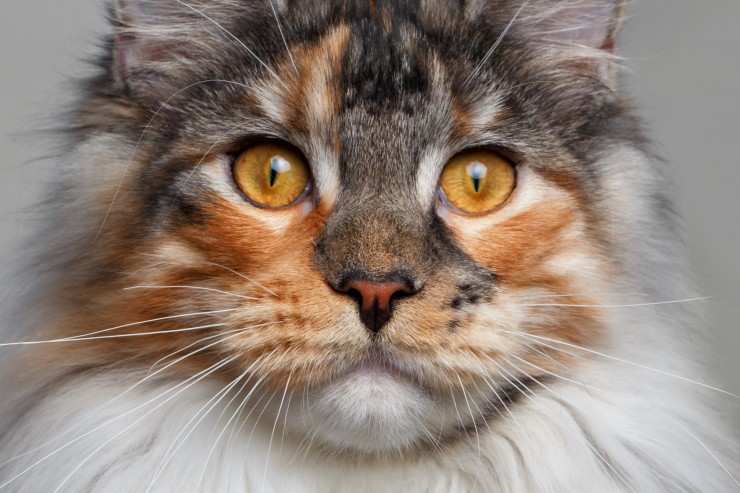 Should I Worry When My Cat Keeps Sneezing?
Should I Worry Wh
Should I Worry When My Cat Keeps Sneezing?
Should I Worry Wh
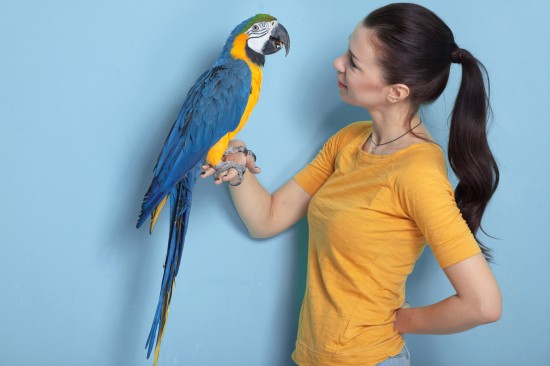 Understanding Your Bird - The Basics
Understanding You
Understanding Your Bird - The Basics
Understanding You
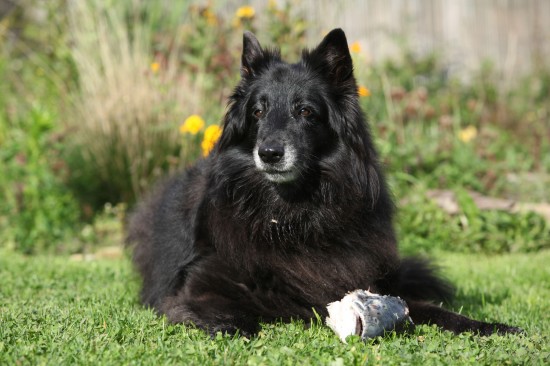 10 Types Of Human Food Your Dog Can Eat
10 Types Of Human
10 Types Of Human Food Your Dog Can Eat
10 Types Of Human
Copyright © 2005-2016 Pet Information All Rights Reserved
Contact us: www162date@outlook.com